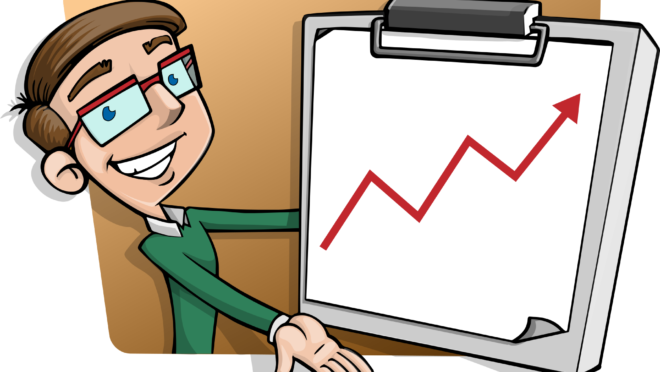
In your First day As president, Joe Biden, surrounded by a portrait of Benjamin Franklin, called on the federal government to “promote environmental justice” and “be guided by the best science.”
In a way, Biden’s words don’t surprise anyone.
During the 2020 campaign and beyond, Biden repeated
Expressions Listen to the science andI believe in scienceHe is supposed to show himself different than his opponent.
Biden did not stop there. He included the mantra in a file From his first edicts, Saying this would be his administration’s official directive: Listen to the science.
The expression appears harmless. The scientific method is very reliable and with good reason. It is a boon to humanity and has helped revive many wonders of our contemporary world.
But prominent thinkers Today In the past we have been warned to be careful when faced with requests to “hear the science”.
Mises: There is no “duty” in science
The Economist Ludwig von Mises He once noted the problem of using science to shape the contemporary world. He suggested that in many cases, people evoke science to simply tell people how to act.
Mises wrote in his article: “Officials pretend that their plans are scientific and that there is no discussion about them between respectable and well-intentioned persons.”Planned chaos1947.
Most people would agree that science is a useful tool, and Mises was one of those people. The problem that Mises wanted to draw attention to was that science cannot tell us how to act, because this is in the realm of self-value judgments. Science can only tell us what it’s a.
“There is no such thing as science Impose a impose”, Wrote Mises, echoing the famous Controversy By David Hume: “Science qualifies to prove what it is. (For a more in-depth analysis of the question he / should read Hume’s famous work, The Treaty of Human Nature).
The economist continued:
“Science cannot dictate what should be and what purposes people should pursue. The truth is that men differ in their value judgments. It is absurd to judge yourself with the right to transcend the judgments of others and force them to submit to the plans of the official.”
Science of Lockdowns and Climate Change
As Misses has rightly seen, generally speaking when people say “follow the science” they are actually saying “follow our lead.”
When teenage activist Greta Thunberg urges us We follow the science On climate change, she’s not saying we should be aware of it The planet is undergoing a warming process And that humans interfere in the earth’s climate. She says that people should adopt her plan and that of other activists, including ending meat consumption and air travel (something that can only be done under duress). Collect taxes Fossil fuels and other such proposals.
Billionaire activist Bill Gates explained In February why and how changes should be implemented such as ending meat consumption.
“I really think all countries should start consuming only artificial meat,” Gates said in an interview. Technology ReviewEmissions per kilogram of meat are not ideal, he said. You can get used to the difference in flavor, and the idea is that artificial meat tastes better over time. Finally, the cost is low enough to change people’s behavior and use regulations to completely change demand. ”
The proposals of Thunberg and Gates – who also said the government You just have to listen to science They could be good, but they could be bad. The key is to understand that their proposals are value judgments, not just science.
Likewise, in 2020 we have repeatedly heard calls for Americans to “listen to the science.” But the primary disagreement with Covid-19 was not about science (although there has been some scientific disagreement, as we have seen on the changes In the CDC, in mathematical models disastrous and on Confusion Generalized Regarding Virulence (Covid-19).
Almost everyone noticed the exaggeration of science: a new and fatal virus appeared in Asia and spread to other continents. The first disagreement arose over what measures should be taken to curb contagion, who should take them (individuals or the state) and whether people should be compelled to comply.
Many of the issues the Americans faced were complex.
If social distancing saves lives, should companies be forced to close? If it is; which of these? What should be done if people are not practicing social separation? Should patients remain physically confined to their homes? What about healthy people? Assuming masks limit distance, should they be recommended or enforced? What happens if a person refuses?
These are important questions. But again, these are ethical, not scientific, issues. Science is a tool that helps us make decisions about these problems. The truth is, people should listen to Mises’ warning and look for managers who say we should obey them because their plans are scientific.
Complex ethical problems require solutions, and as journalist H.L. Minkin put it, “Every complex problem has a simple, clear, and wrong answer.”
Ascribing our complex ethical problems to people with grades can be simple, but it is also a mistake. Ethical issues concern our actions, and as Mises realized, there is no “duty” in science.
Jonathan Meltmore is the editor of FEE.org.
© 2021 FEE. Posted with permission. Originally in English

“Wannabe internet buff. Future teen idol. Hardcore zombie guru. Gamer. Avid creator. Entrepreneur. Bacon ninja.”

